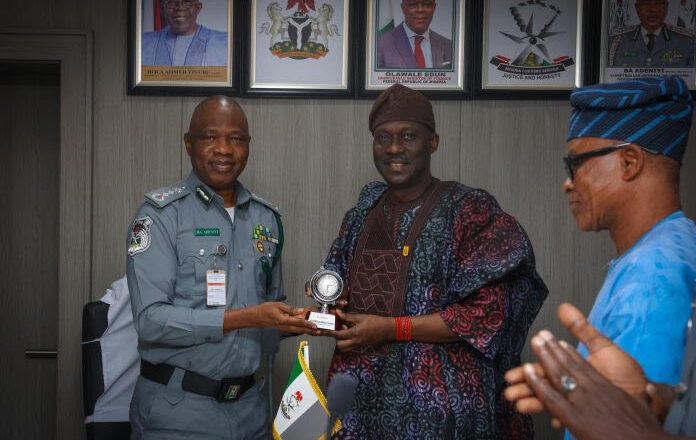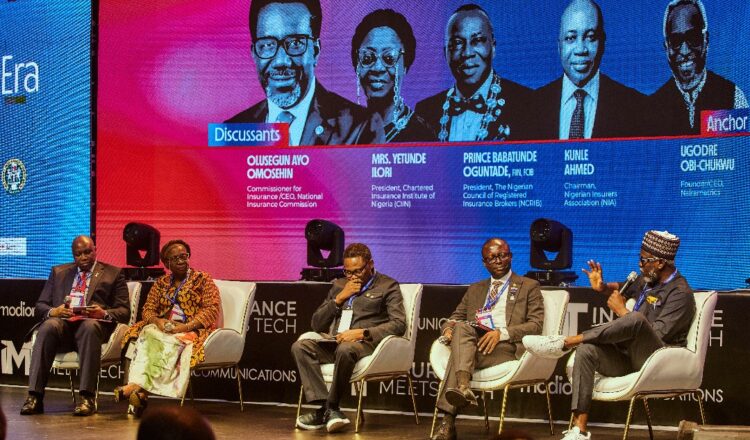
The Insurance Meets Tech (IMT) 4.0 Conference, one of West Africa’s largest insurance and technology convergence platforms, held on Thursday, September 18, 2025, in Lagos, themed “Innovating for the New Trybe” and highlighted the role of technology in transforming the Nigerian insurance sector.
Discussions at the conference also centred, among other things, on how to bridge traditional insurance structures with emerging, technology-driven solutions, emphasising digital adoption, innovation, and client-centred experiences.
Leading an Executive Dialogue to discuss the Nigeria Insurance Industry Reform Act (NIIRA) 2025, recently signed into law by President Bola Ahmed Tinubu, was the Commissioner for Insurance and Chief Executive Officer of NAICOM, Mr Olusegun Omosehin, who was represented at the event by the Deputy Commissioner for Insurance (Finance & Administration), Mr Ekerete Ola Gam-Ikon.
Omosehin stated that the NIIRA 2025, signed into law in July 2025, will foster economic growth by transforming the sector through increased capital, stronger policyholder protection via a Policyholder Protection Fund, digitalisation, microinsurance promotion, and alignment with global best practices.
“The Act is a warm piece of legislation that provides the blueprint to reset the industry”, he said. “This Act bridges the gap between what family and friends traditionally provide and what insurance should guarantee. Nigerians can now be confident that when something goes wrong, insurance will deliver,” he explained.
Omosehin highlighted that NIIRA’s recapitalisation will increase insurers’ capacity to handle risks and retain local businesses, contributing to the nation’s vision of a one trillion dollar economy.
The Chairman, Nigerian Insurers Association (NIA), Mr. Kunle Ahmed, who is also the MD/CEO of AXA Mansard Insurance Plc, said, “NIIRA 2025 represents a bold step toward strengthening the regulatory framework, enhancing public trust, improving market penetration, and modernising operations within the industry. It reflects the Federal Government’s commitment to deepening financial inclusion and ensuring that insurance becomes a robust pillar in Nigeria’s economic framework, in line with the President’s vision for achieving a $1 trillion economy by 2030.
“This is not just a legislative victory; it is a shared mission. NIA stands ready to champion a more resilient and customer-centric insurance sector that contributes meaningfully to national development.”
In her contribution to the discourse on NIIRA 2025, the President of the Chartered Insurance Institute of Nigeria (CIIN), Mrs Yetunde Ilori, said, “The insurance industry is set for unprecedented transformation following the signing of the Act.
“It introduced critical measures such as stringent capital requirements to ensure the financial soundness of operators, enforcement of compulsory insurance policies to enhance consumer protection, digitisation of the insurance market to improve access and efficiency, zero tolerance for delays in claims settlement, creation of dedicated policyholder protection funds, especially in cases of insolvency, and expanded participation in regional insurance schemes, including the ECOWAS Brown Card System.
The President of the Nigerian Council of Registered Insurance Brokers, Prince Babatunde Oguntade, who was represented at the conference by Mr. Peter Offiong, Assistant General Manager at Scib Nigeria & Co. Ltd, while stressing the need for immediate implementation of the Act, highlighted NIIRA’s provisions on compulsory insurance, emphasising that digital platforms and collaboration with state agencies will support enforcement.
He emphasised that brokers remain central to the ecosystem. “Brokers will evolve into digitally empowered advisers who offer customised, transparent services. The Act safeguards their relevance while ensuring consumer adoption of compulsory insurance,” he said.
Tunde Mimiko, Managing Director, SanlamAllianz Life Insurance, whose organisation was IMT 4.0’s Official Insurer, stressed the need for the industry to build systems that move beyond legacy bottlenecks, strengthen compliance, and foster greater trust with policyholders. He emphasised that such developments are crucial for safeguarding customers and positioning insurance as a key driver of financial security and sustainable growth in Nigeria.
The Managing Director, Cornerstone Insurance Plc, Stephen Alangbo, emphasised the company’s role as an Innovation Partner, focusing on digital transformation, customer-centric solutions, and the use of Insurtech to shape the future of inclusive coverage in Africa.
He highlighted Cornerstone’s commitment to leveraging technology and developing innovative products to meet dynamic market needs, as outlined in their strategy for leading the African insurance industry.
The event also featured global thought leadership and the conference’s Headline Speaker, Per Lagerström, a former McKinsey partner and the CEO of Yellowspot. He challenged Nigerian insurers to rethink their models, emphasising the human element in innovation. “Insurance is not built on products alone; it is built on behaviour. If we do not understand how people earn, live, and dream, we cannot design solutions they will embrace. Technology gives us the tools, but human insight gives us the answers.”
In his opening remarks, the convener of the IMT Conference and the Managing Director/CEO of Modion Communications, Mr. Odion Aleobua, called on insurance innovators to build distribution that meets people where they are: online, on mobile, at work, and in communities, while conforming to evolving lifestyles. He called on regulators to adopt regulations that protect consumers without stifling industry innovation.
He also noted that the high calibre of sponsors, participants, and partners, including the Commissioner for Insurance, regulators, and industry leaders, reflected a collective commitment to shaping a future of innovation and digital adoption within the Nigerian insurance industry.
Others who spoke at the conference included Mrs Abimbola Anakomaiya, President, Professional Insurance Ladies Association (PILA); Mr Bode Pedro, MD/CEO, Casava Inc; Mr. Olalekan Oyinlade, MD/CEO, emPLE General Insurance; Mr. Deji Macaulay, CEO and Co-founder, CubeCover; Mr. Nelson Ekerele, MD/CEO, Enterprise Life Assurance Limited; Ms Adetola Adegbayi, Founder, Mutual Specialists; Uche Ayodele, Founder and CEO, FastClaim Solutions Limited; Nkiruka Okere, General Manager of aYo, Nigeria; Ayo-Bankole Akintujoye, CEO of Caladium Consulting and Ugodre Obi-Chukwu, Founder and CEO of Nairamatrics among other who participated in the Redefined 2.0, the youth segment.




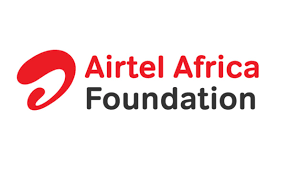
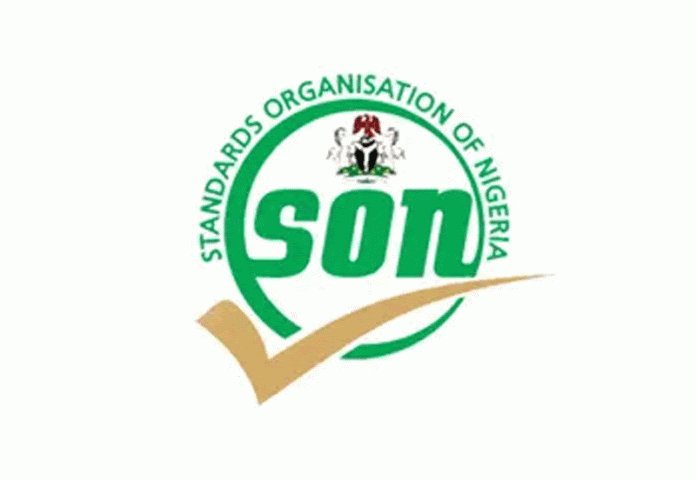
 ...Walk for Standards holds October 11th
...Walk for Standards holds October 11th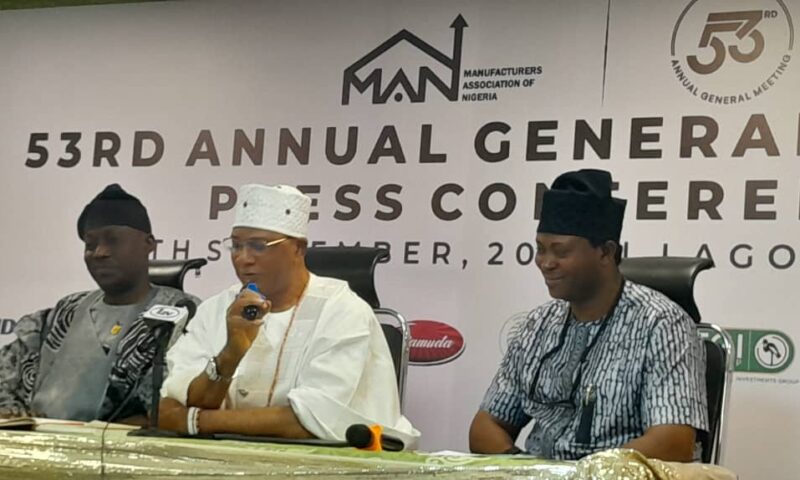
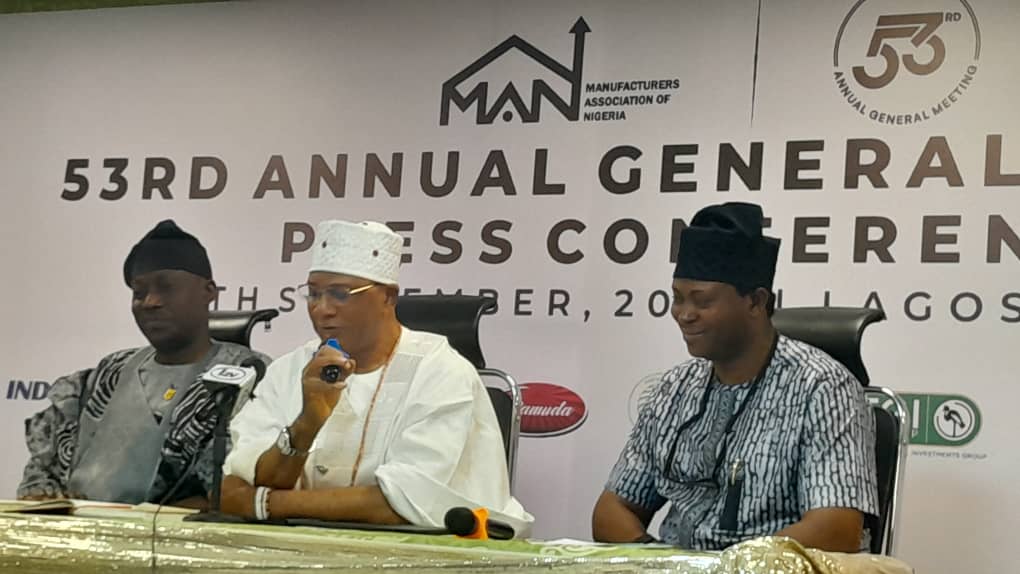


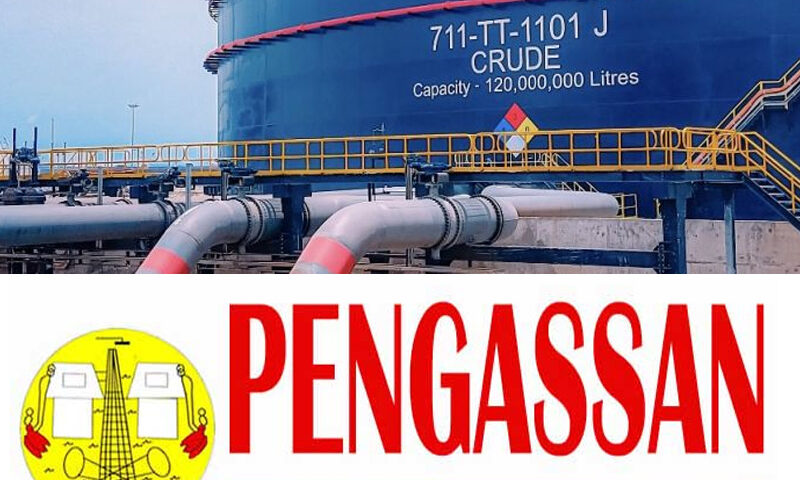



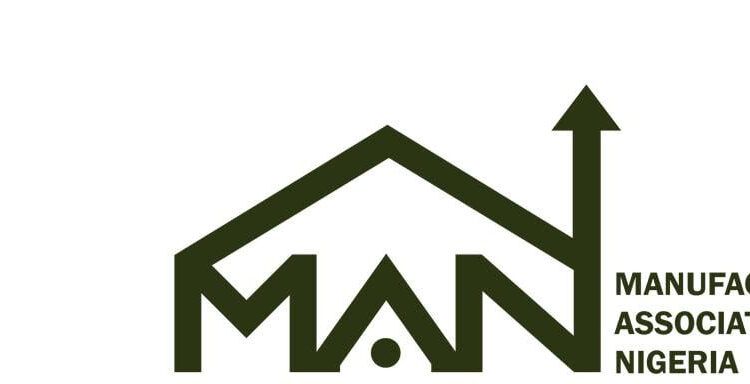
 The Manufacturers Association of Nigeria has cautioned the Federal Government against the proposed introduction of a Tax Stamp System for excisable products, warning that the policy would increase production costs, harm consumers, and contravene the Nigeria Tax Act 2025.
The Manufacturers Association of Nigeria has cautioned the Federal Government against the proposed introduction of a Tax Stamp System for excisable products, warning that the policy would increase production costs, harm consumers, and contravene the Nigeria Tax Act 2025.